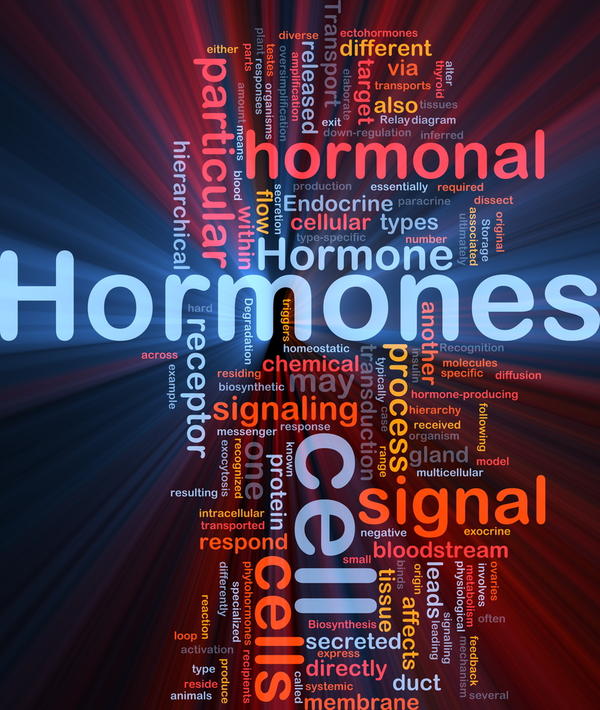This study aimed to better elucidate reproductive and possible hormonal effects of the fungicide carbendazim (CBZ) through a review of published toxicological studies as well as an evaluation of this fungicide in the Hershberger and uterotrophic assays, which are designed to detect in vivo effects of the sex hormones. The literature review indicates that CBZ induces reproductive and developmental toxicity through alteration of many key events which are important to spermatogenesis. The lower dose of CBZ (100 mg/kg) evaluated in the Hershberger test increased prostate weight compared to control group but did not alter the weight of other testosterone-dependent tissues. In the uterotrophic assay, CBZ did not induce an estrogenic or an antiestrogenic effect. In the literature, it has been reported that CBZ may: 1) alter the levels of various hormones (testosterone, LH, FSH, GnRH); 2) negatively influence testicular steroidogenesis; 3) have androgenic effects acting directly in the androgenic receptors and/or increasing the expression of androgen receptors. Despite the contradictory results reported by the different studies that investigated a possible endocrine mode of action of CBZ, it seems that this fungicide may influence the hypothalamus-pituitary-gonad axis in addition to being a testicular toxicant.
Source:
Elkiane Macedo Rama, Simone Bortolan, Milene Leivas Vieira, Daniela Cristina Ceccatto Gerardin, Estefania Gastaldello Moreira
Regulatory Toxicology and Pharmacology, Available online 24 May 2014, In Press, Accepted Manuscript
http://www.sciencedirect.com/science/article/pii/S0273230014000981

- Login om te reageren
